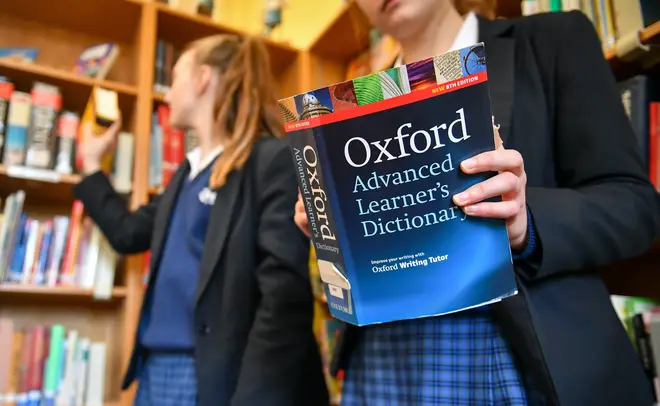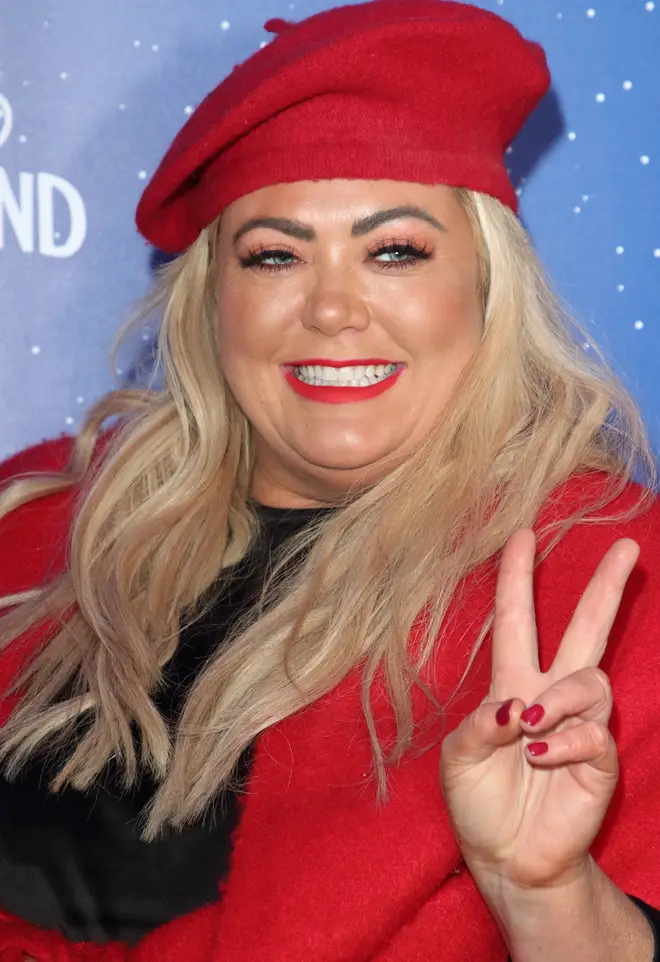
Henry Riley 7pm - 10pm
5 December 2020, 13:58 | Updated: 5 December 2020, 15:50

The term “Essex girl” will be removed from future editions of the Oxford Advanced Learner's Dictionary, following a successful campaign by women from the county.
Oxford University Press (OUP) previously defined "Essex girl" as: "A name used especially in jokes to refer to a type of young woman who is not intelligent, dresses badly, talks in a loud and ugly way and is very willing to have sex."
However, following a long-standing campaign the publisher has agreed to remove it from their Advanced Learner’s Dictionary, which is used to teach English to foreign students.
The term will remain in the main Oxford English Dictionary, as OUP claims “nothing is ever taken out” of this “historical dictionary”.
The OED defines “Essex girl” as a derogatory and contemptuous term for a “type of young woman, supposedly found in and around Essex, and variously characterised as unintelligent, promiscuous and materialistic”.
Read more: US House of Representatives votes to federally decriminalise marijuana

Maajid Nawaz reflects on abolished definition of Essex girl
Multiple campaigns have emerged to challenge the stereotype, including from author Syd Moore, who started campaign group The Essex Girls Liberation Front.
Ms Moore told LBC News: "This is great news, a bit a triumph and we are celebrating it today. The Oxford Learners Dictionary definition was actually really quite offensive."
"It is such an outdated 80s term that we really do need to get rid of it. There are lots of things to do in the world and at the moment to have a go at other people and labelling them in a really rude and offensive way is not where we want to be."
The author told LBC that while she was a lecturer many of her female students found they were labelled an "Essex girl" in interviews, identifying them "with promiscuity, materialism and lack of intelligence".
The campaign will continue to "change perceptions of what the Essex girl is" and to remove it from the Oxford English Dictionary, Ms Moore said, adding: "Watch this space".
Ladies and gentlemen- here is the news.
— Syd Moore (@SydMoore1) December 5, 2020
Proof that, if you put your mind to it, you CAN CHANGE THINGS.
Big up to all my fellow frontiers and campaigners @EssexGirlLibFnt @Snapthestiletto @Ciaraphipps Today is a day to celebrate 🎉 pic.twitter.com/490IecgvLZ
The derogatory stereotype emerged in the 1980s and was given a new lease of life with hit-reality show The Only Way is Essex.
Gemma Collins, one of the stars of the show, has previously called for the dictionary to be changed.
“I think the dictionary should be paying everyone in Essex compensation,” she told Sky News. “We have evolved over the years. It is very derogatory what has been said about us.”
Another Essex based campaign group, Snapping the Stiletto (STS), also welcomed the removal of the term from the dictionary.
The group, which received a £200,000 lottery grant, are working to “find and celebrate the stories of underrepresented women in Essex”.

Kayleigh Boyle, Project Manager of STS, told LBC: “I am very happy the definition has been changed and that STS played a significant part in helping the campaign.”
Read more: Man banned from driving after speeding up to 150mph during lockdown
Read more: Britain braced for more snow as cold weather expected until 'at least' Tuesday
She added: “The history of the county has been shaped by women, women who have been and still are seen as the fringes of society.
“We are working with women, and that includes anyone who identifies as a woman, in Essex of all ethnicities, LGBTIQA+ individuals, women with disabilities and working class women, all of whom have had their stories misrepresented and ignored to co-create and co-curate a series of events and exhibitions.”
The project has support from Essex-born model Penny Lancaster and Dame Helen Mirren, as it works to fight the “Essex girl” stereotype.